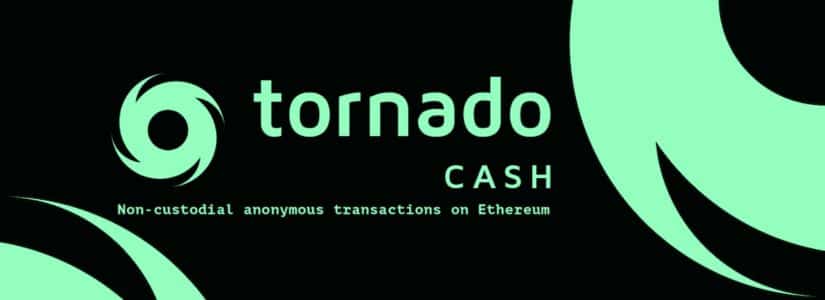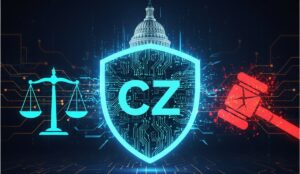Lawyers representing a group of cryptocurrency developers and investors have filed a lawsuit challenging the sanctions imposed on the Tornado Cash protocol. The lawsuit alleges that the U.S. Department of Treasury’s sanctions violates the International Emergency Economic Powers Act (IEEPA) by failing to accurately identify a foreign entity and property associated with Tornado Cash.
Furthermore, the plaintiffs argue that the sanctions infringe on free speech rights and that banning open-source software is an attack on freedom of expression.
The lawsuit highlights First Amendment concerns
The plaintiffs’ arguments center on the government’s overreach and the violation of First Amendment rights due to the overly broad nature of the sanctions, implying that the case is more about protecting individual freedoms than it is about establishing specific regulations for new technology.
In their court filing, submitted late Wednesday, the plaintiffs contend that the Department of Treasury has failed to establish ownership of the immutable smart contracts underlying the Tornado Cash protocol. They suggest that the Treasury’s characterization of Tornado Cash as an unincorporated association does not meet the necessary criteria for such an association.
The defendants assert that the Department’s actions would prevent law-abiding American citizens, including the plaintiffs, from engaging with open-source code and exercising a wide range of speech protected by the First Amendment.

Furthermore, the statement maintained that there is no evidence to suggest that token holders have collaborated to operate or promote the Tornado Cash privacy protocol, challenging the notion of a “common purpose” as claimed by the Treasury.
While Tornado Cash has been associated with hackers using the protocol to obscure their illicit gains, law enforcement experts caution against automatically considering the protocol complicit in money laundering. The plaintiffs state in their court filing that the evidence linking Tornado Cash to money laundering is weak. They highlight that the Treasury has only provided three examples of money laundering out of millions of transactions involving the protocol.
Coinbase continues to against Tornado Cash ban
Coinbase, a leading cryptocurrency exchange, has also expressed support for the lawsuit. At the same time, Coinbase’s top legal officer, Paul Grewal, provided a summary of the arguments on Twitter. He claimed that the government is attempting to utilize a statute for property sanctions to prohibit open-source software, which goes against the law’s original purpose.
Argument #1: These sanctions depend on assuming that anyone who happens to hold a digital token (TORN) is a member of a legally-recognized entity called “Tornado Cash.” That’s novel as a legal theory, and it’s wrong as a factual matter. 3/7
— paulgrewal.eth (@iampaulgrewal) May 24, 2023
However, Alexey Pertsev, the creator of Tornado Cash, is currently on trial in the Netherlands for alleged money laundering. Pertsev recently obtained the right to cross-examine Chainalysis, a blockchain analytics firm that is frequently cited in court for on-chain evidence.










